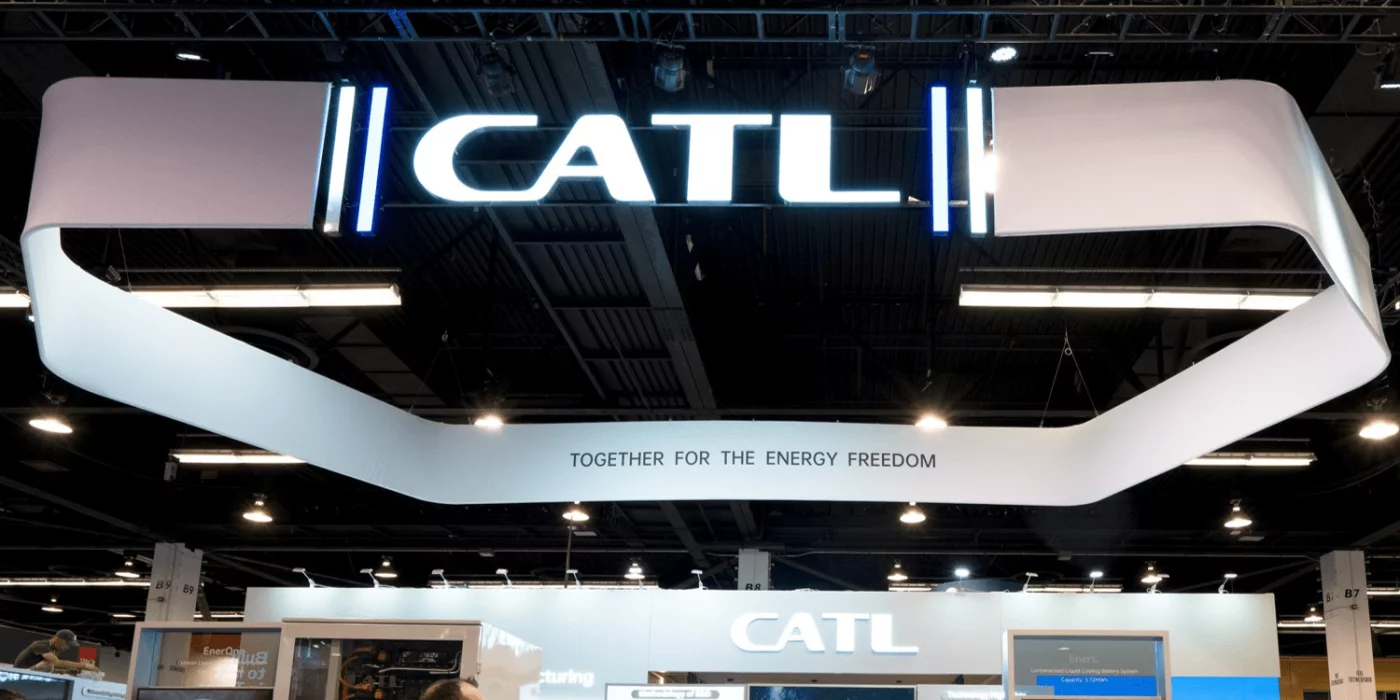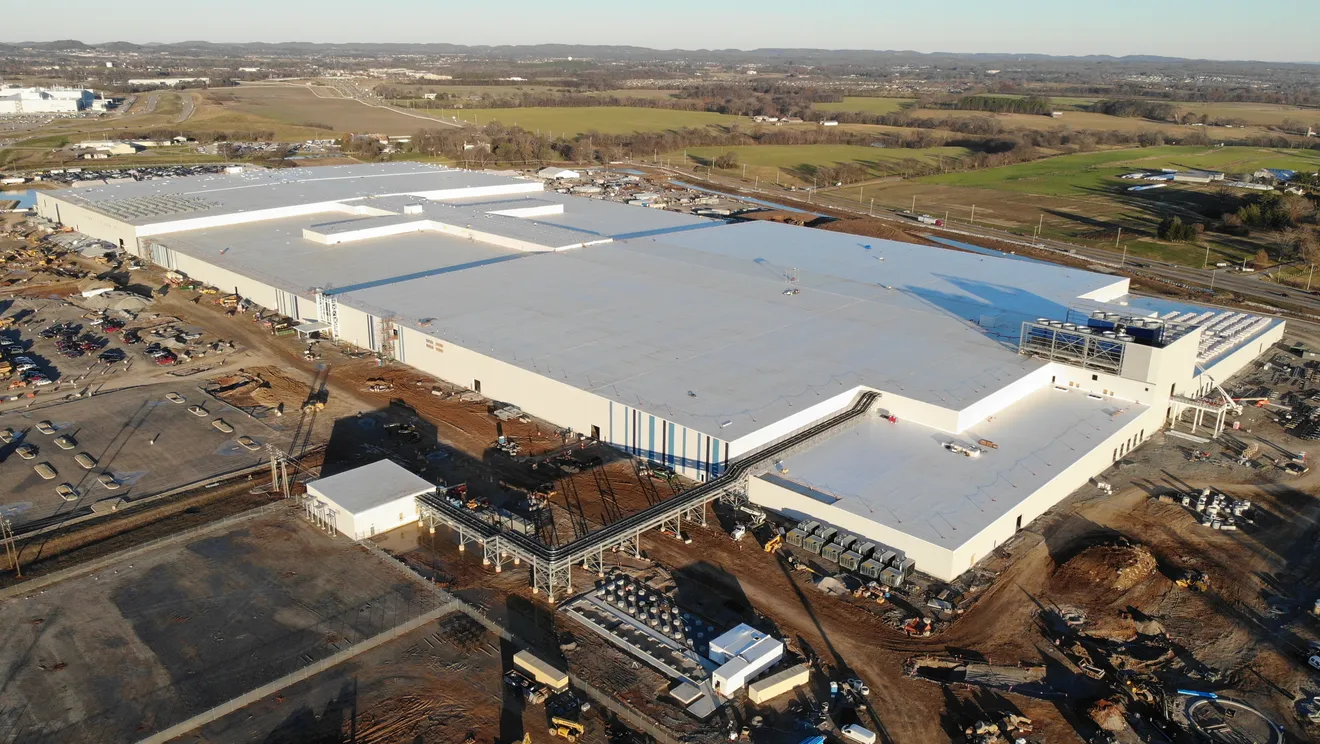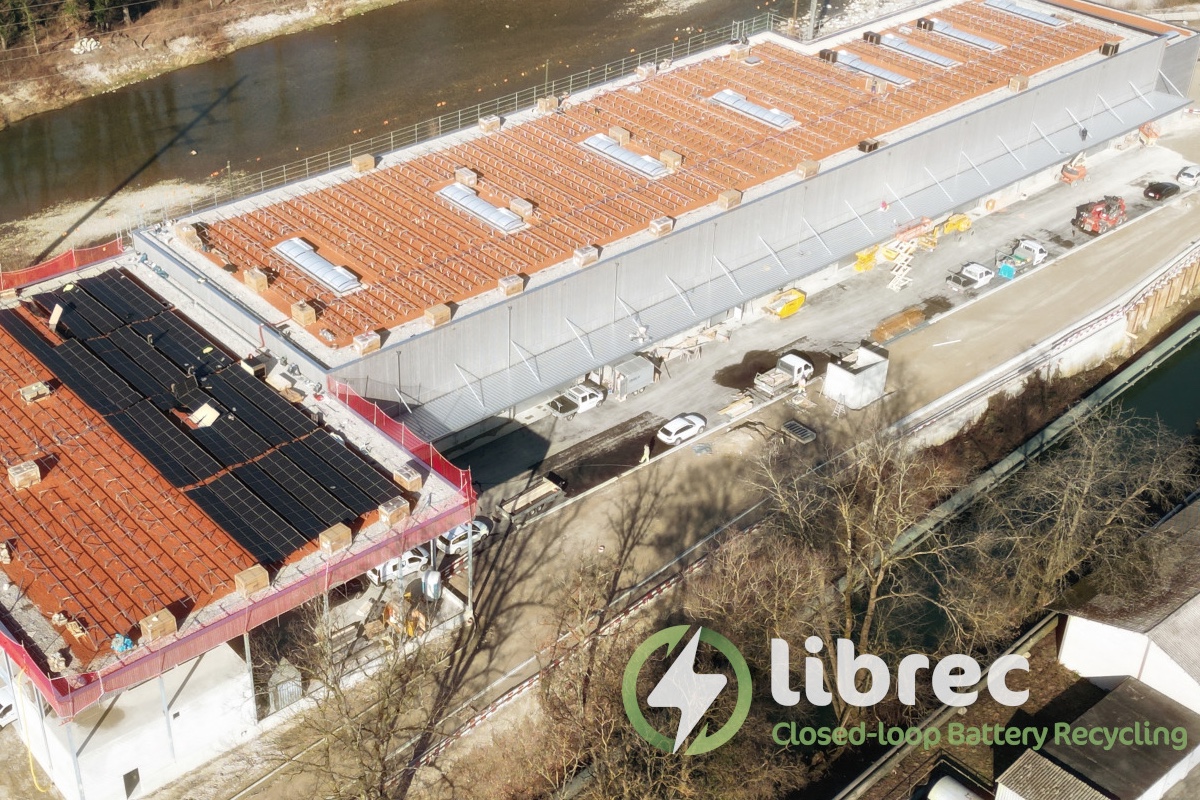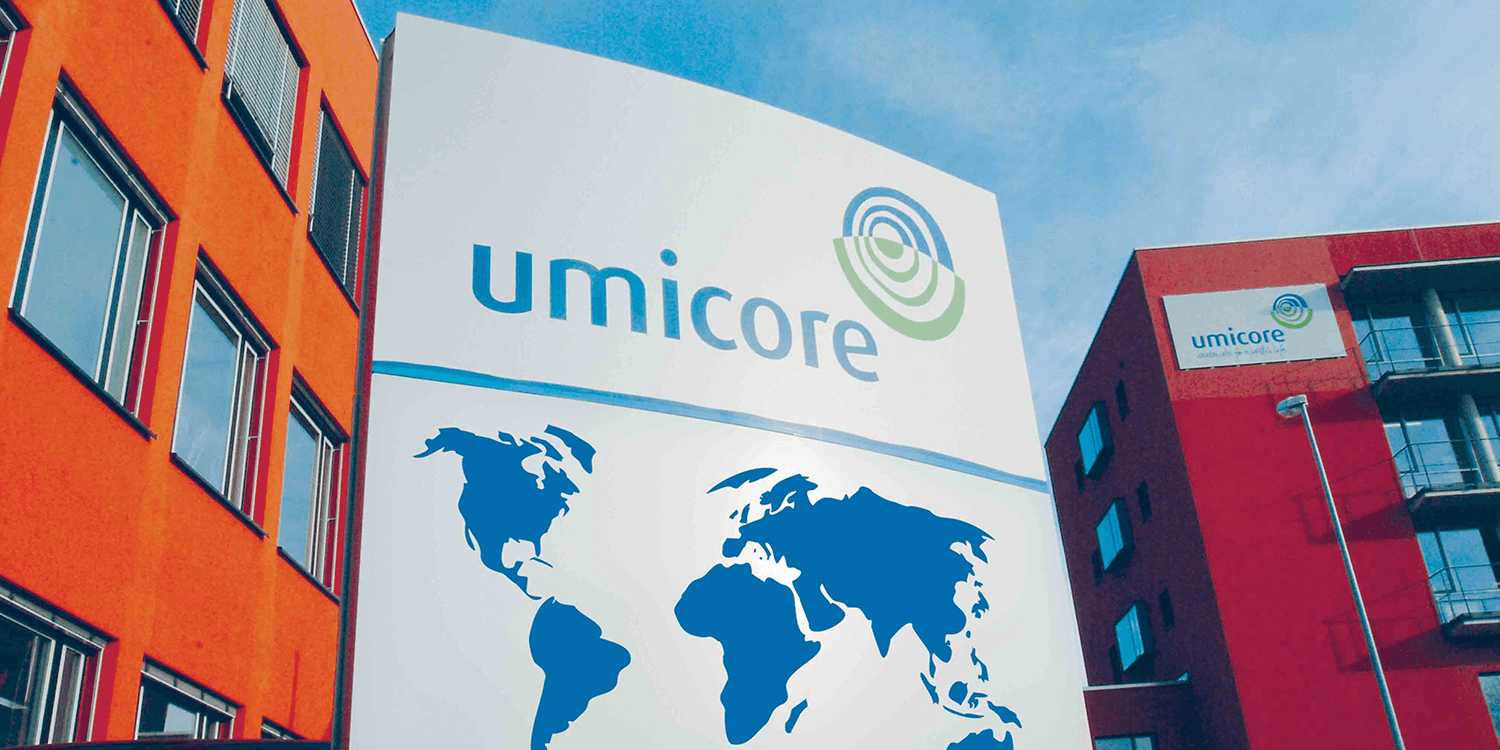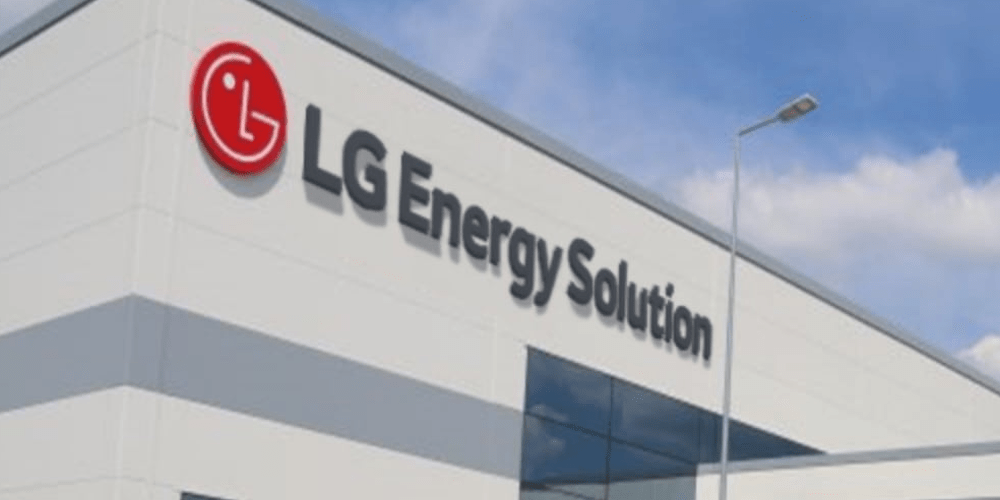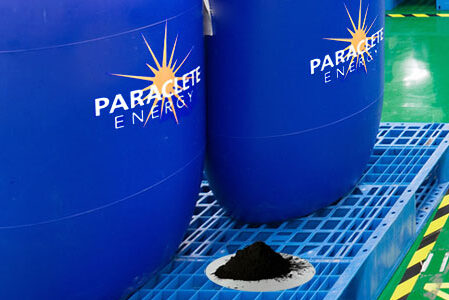Chinese electric vehicle battery manufacturer CATL (300750.SZ) recorded a 13.4% increase in net profit for the second quarter, reaching 12.36 billion yuan ($1.70 billion), despite a 13.2% decline in revenue to 87 billion yuan. The results, disclosed in a stock filing on Friday, contrasted with UBS’s forecast of 10.41 billion yuan in profit, which anticipated a 4.5% decrease.
The decline in revenue marks the third consecutive quarter of shrinking revenue, exacerbating from a 10.4% drop in the first quarter. The mixed earnings reflect a cooling in China’s EV market amid a sluggish economic recovery. In June, growth in EV sales slowed to 9.9%, down from 27.4% in May, while overall car sales fell for the third consecutive month, despite government and automaker incentives.
CATL maintained its position as a leading battery supplier, providing 46.4% of batteries for China-made EVs in the first half, up three percentage points from the previous year. In comparison, second-ranked BYD (002594.SZ) and third-placed CALB (3931.HK) saw their combined market share drop to 32%, according to the China Automotive Battery Innovation Alliance.
BYD, a prominent local EV manufacturer, sold 4.8% of its produced batteries to external clients such as FAW-Toyota, FAW (SASACJ.UL), and Xiaomi (1810.HK), as reported by the Gaogong Industrial Institute.
Geopolitical challenges continue to impact CATL’s international expansion. In June, Morningstar reduced its revenue estimates for CATL by 8-9% annually for 2024-33 and cut net profit forecasts by 7-8%, citing “geopolitical risk and potential business loss in the U.S. lithium battery market.” U.S. lawmakers have also proposed adding CATL and Gotion High Tech (002074.SZ) to the U.S. import ban list.
Despite these challenges, CATL is exploring opportunities in the growing market for stationary energy storage, which is crucial for balancing renewable energy supply and demand. In the first half, CATL’s energy storage batteries generated 28.82 billion yuan in revenue, a 3% increase year-on-year, while revenue from its EV batteries fell 19.2% to 112.65 billion yuan.

